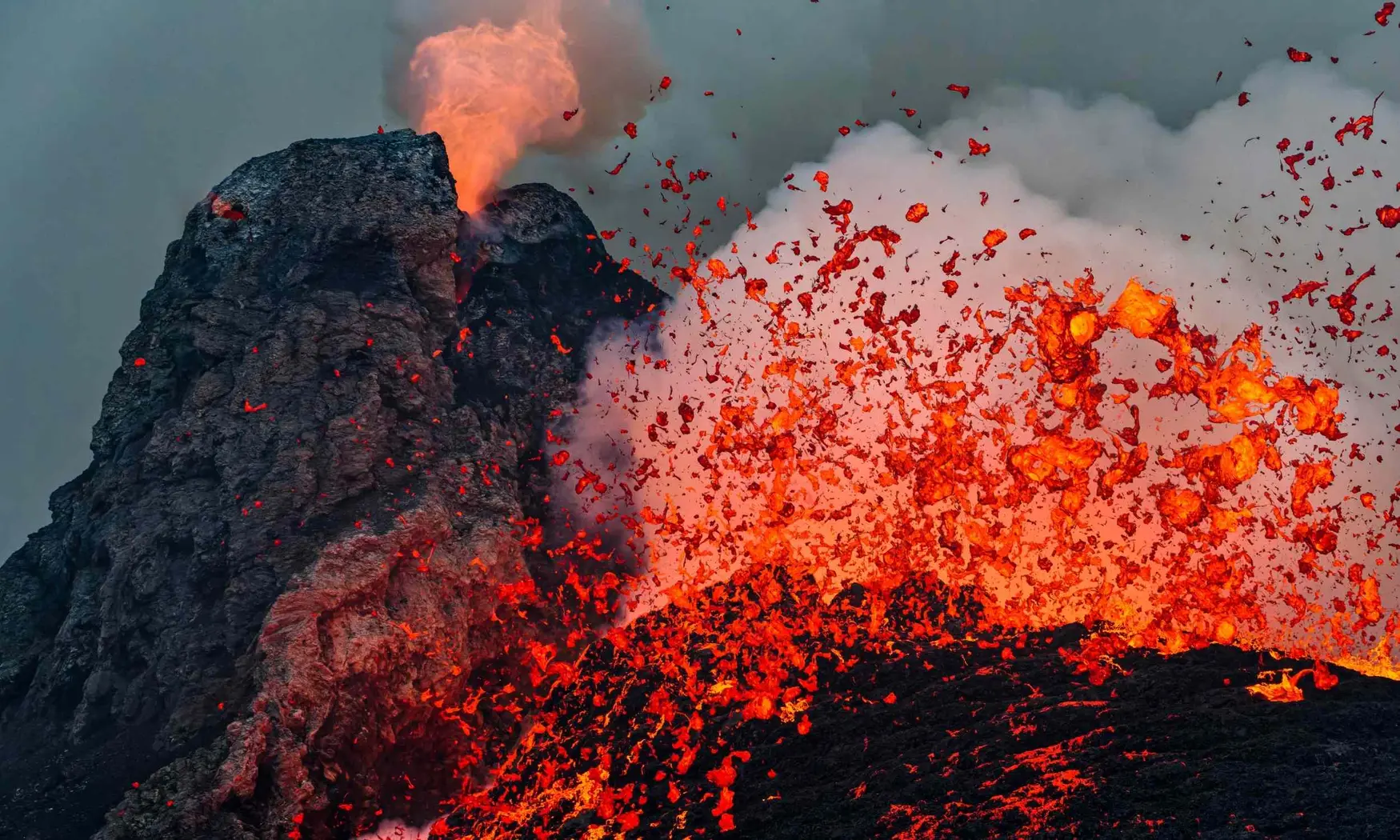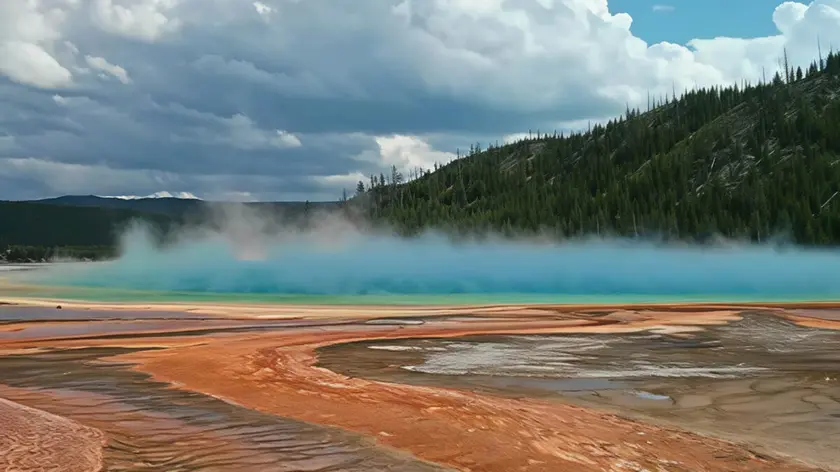T4K3.news
New study reveals volcano prevention method
Researchers propose managing water levels to reduce eruption risks at Campi Flegrei.

Research suggests managing water levels could serve as a volcano control method.
New study offers a method to prevent volcanic eruptions
Researchers from Stanford University and the University of Naples have found a way to potentially reduce the risk of eruptions at Italy's Campi Flegrei volcano. In a recent study, they propose that pumping out groundwater or preventing rain from infiltrating underground systems may be effective responses to rising pressure in the region. The Campi Flegrei caldera, which houses over 350,000 people, has a history of dangerous seismic activity, including its significant upheaval in the 1980s that displaced thousands. The study analyzes decades of data, linking subsurface pressure changes to rainfall patterns and suggesting management strategies that could stabilize the area and possibly prevent future eruptions.
Key Takeaways
"To address the problem, we can manage surface runoff and water flow."
This quote highlights the core strategy proposed by the research team to mitigate volcanic risks.
"Treating the fuel, not the burner, is our new strategy for volcanic safety."
Vanorio emphasizes the importance of water management in preventing eruptions.
The implications of this research are significant for communities living near volcanoes. Campi Flegrei is not just a geological hazard but also a socioeconomic issue, given its dense population. This study presents a proactive approach to volcano management, shifting from reactive responses to preventative measures. The concept of treating water management as a method of volcano control is innovative and could reshape emergency preparedness strategies, not just in Italy but in volcanic regions worldwide. Moreover, as climate change alters rainfall patterns, incorporating these geological insights into urban planning could make communities more resilient in the face of natural disasters.
Highlights
- Preventive health for volcanoes can save lives and costs.
- Rising water pressure may be the hidden trigger for eruptions.
- Managing water is easier than taming molten rock.
- Climate change demands new strategies for volcanic threats.
Potential risks from volcanic eruptions and climate change influence
The study highlights risks associated with climate change and volcanic activity, which could prompt public concern in densely populated areas.
This research may redefine how we approach volcanic threats.
Enjoyed this? Let your friends know!
Related News

Dental Floss Could Revolutionize Vaccine Delivery

AI Revolutionizes Earthquake Detection in Yellowstone

NASP histone turnover ties PARPi resistance

New MRI test predicts biological aging and health risks

Proteins Extend the Human Evolution Narrative Beyond DNA

New study links lithium deficiency to Alzheimer's disease

New genetic test could predict obesity risk in children

ALPACA reveals lineage driven copy-number evolution in lung cancer
